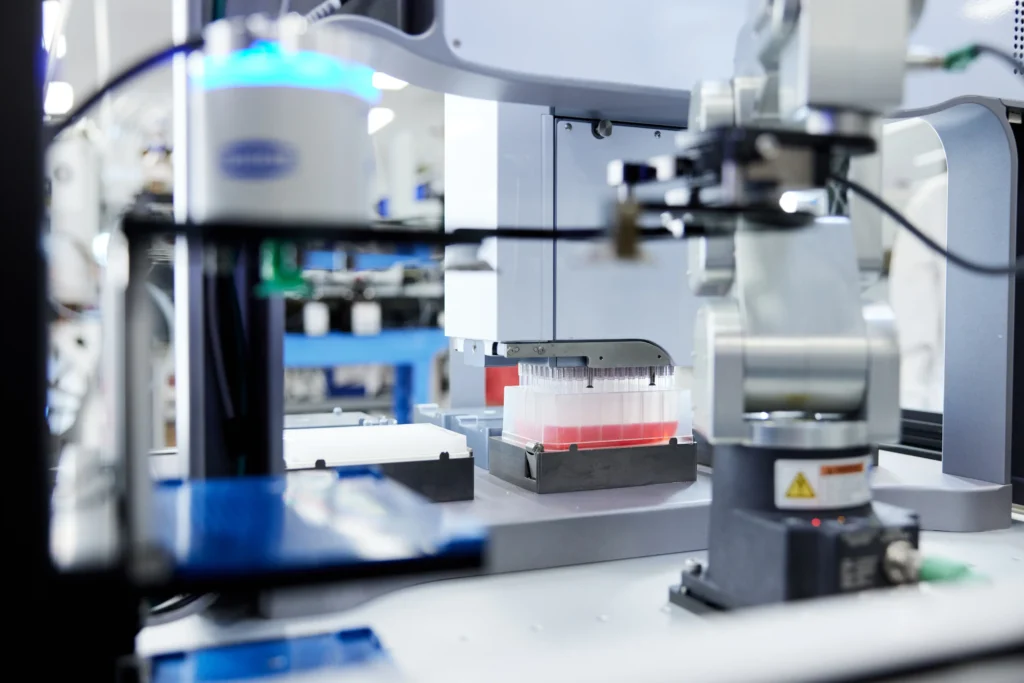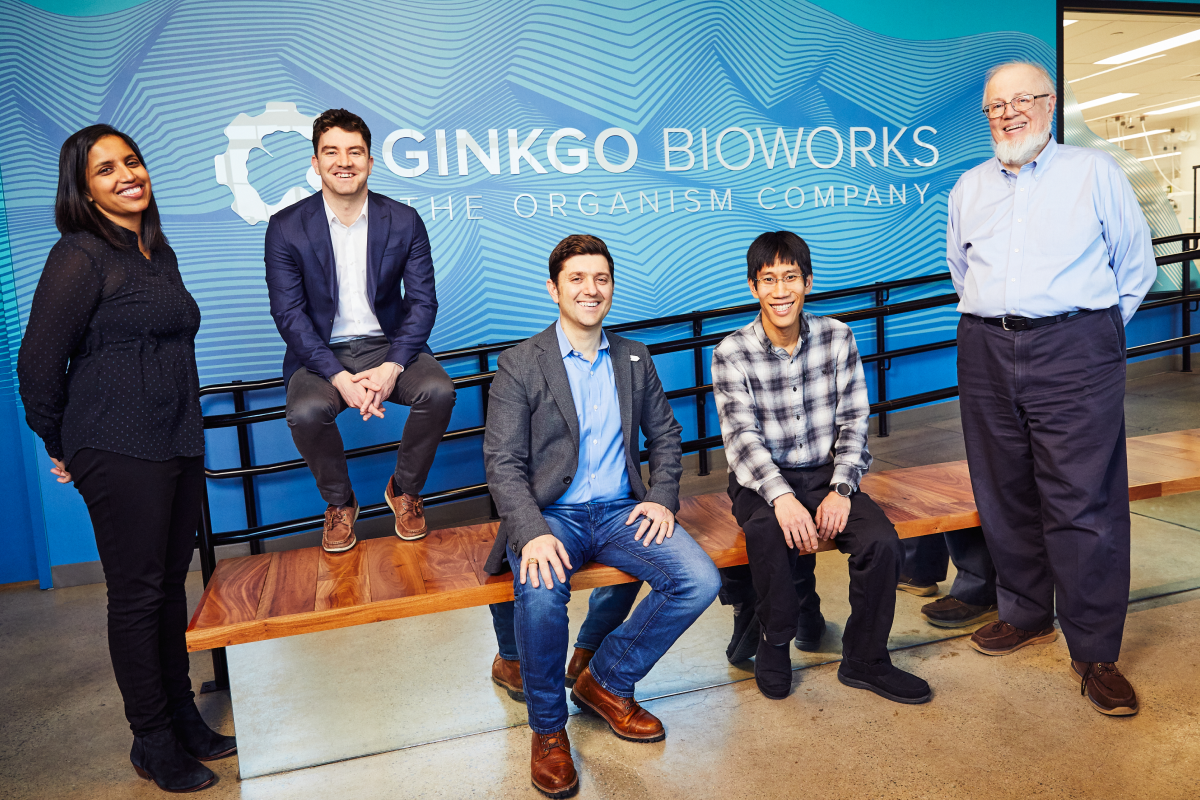Ginkgo Bioworks, a company focused on cell programming and biosecurity, released its financial results for the second quarter of 2025, reporting a decrease in overall revenue compared to the same period last year.
For the second quarter, Ginkgo posted total revenue of $50 million, down from $56 million in Q2 2024. This decline was driven by a drop in biosecurity-related revenue, which fell to $10 million from $20 million in the prior year. However, revenue from the company’s Cell Engineering segment saw a modest increase of 8%, rising to $39 million from $36 million in the second quarter of 2024. This growth was primarily attributed to stronger business with biopharma and government clients.
A steep decline turned into improvement
The company reported a GAAP net loss of $60 million for the quarter, an improvement over the $217 million net loss reported in the same period last year. Adjusted EBITDA for the quarter was a loss of $28 million, also showing significant improvement from the $99 million loss reported in Q2 2024. Ginkgo’s cash, cash equivalents, and marketable securities totaled $474 million as of June 30, 2025.

“Growing demand for AI-powered biology”
Jason Kelly, co-founder and CEO of Ginkgo Bioworks, stated, “We continue to see growing demand for our automation and data generation capabilities, especially within AI-powered biology. This is reflected in new government contracts and expanding service offerings in the biopharma sector.” He also highlighted that the company had achieved its target of $250 million in annualized cost reductions three months ahead of schedule, driven by workforce reductions and other cost-cutting measures.
In terms of business developments, Ginkgo made notable progress in its automation and data generation services. The company has been selected by the Pacific Northwest National Laboratory (PNNL) to provide an automated anaerobic phenotyping platform, which will be used in what is expected to be the largest automated anaerobic system for research worldwide. Additionally, Ginkgo introduced a new in vitro ADME profiling service, designed to offer scale and efficiency in small molecule drug development.
The company also launched its first direct-to-scientist product: a cell-free protein synthesis system, which is optimized for high production and increased solubility of proteins that are typically difficult to express.
Looking ahead, Ginkgo reaffirmed its full-year revenue guidance. The company expects total revenue for 2025 to be in the range of $167 million to $187 million.




